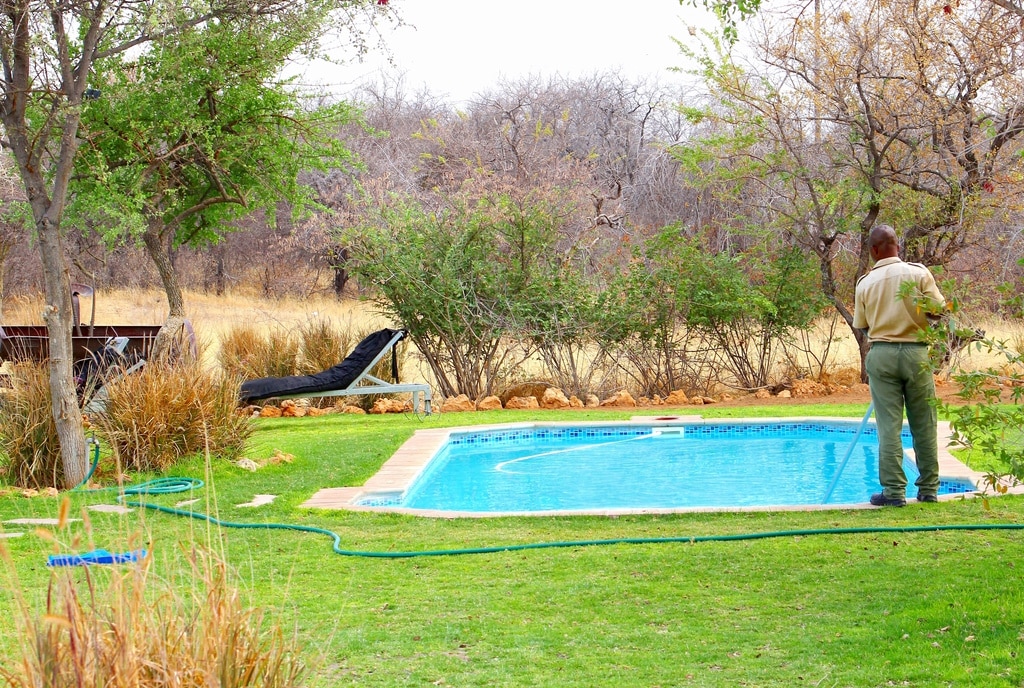The race to rationalize water use continues in African cities. After Casablanca in January 2024, the Namibian capital Windhoek is imposing fines totalling 2,000 dollars (just under 106 US dollars) for any arbitrary use of water resources. “The application of this measure will be monitored by inspectors and water officials, with the support of the municipal police,” says Lydia Amutenya, spokeswoman for the city of Windhoek.
This measure comes some seven months after the tightening of water use standards in this municipality of over 494,000 inhabitants. These include reducing the frequency of watering gardens to twice a week and covering swimming pools until further notice. In addition, fountains and water games have been banned in Windhoek, and car washing is now done with buckets rather than hoses connected to the tap.
Reduce water use in Windhoek by 10%
As a reminder, Windhoek’s zero-tolerance policy for water wastage was reintroduced in 2019, following the drop in water levels at three dams in Namibia, namely the Von Bach (50 million m3), Swakoppoort (around 63.5 million m3) and Omatako (43.49 million m3) dams. Windhoek’s ambition is to save 10% of its water resources, which will be returned to households, thus reducing water shortages.
Read Also – AFRICA: Resource and source of life, water at the heart of sustainable development
In another measure, commercial car washes now reuse their treated wastewater. This alternative, which is now unavoidable, has been practiced in the southern African country for over 50 years. The aim is not only to provide additional quantities of good quality water by accelerating the natural water purification cycle, but also to ensure the balance of this cycle and the protection of the surrounding environment.
Inès Magoum
